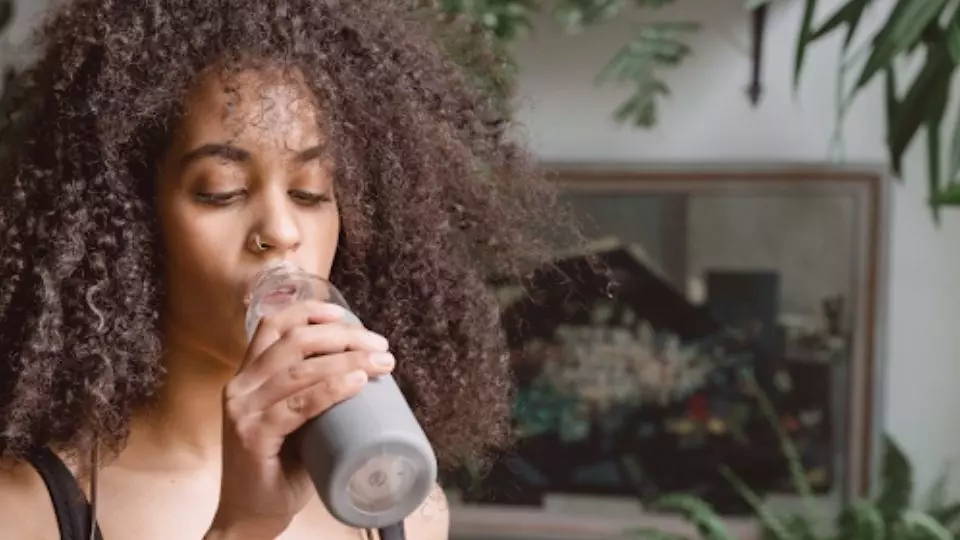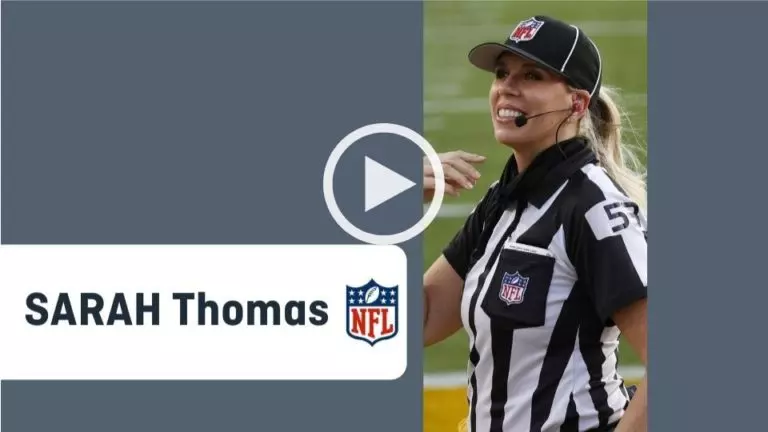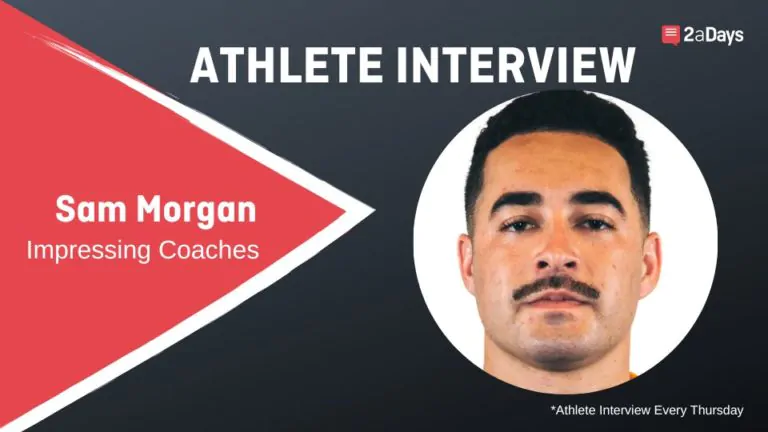Being a student-athlete and having to focus on your physical attributes and abilities can be exhausting, and at times, unhealthy. Sporting environments can create a negative space for athletes. The sports world expects athletes, especially female athletes, to focus on the aesthetic of their physical bodies. As a result, some athletes develop Body Dysmorphic Disorder (BDD).
Johns Hopkins Medicine writes that BDD is a mental health disorder that involves obsessing over perceived physical flaws. Individuals with this mental health disorder may hyper-fixate on physical attributes, frequently examine their appearances, compare themselves to their peers, and avoid social situations.
Related: Injuries and Eating Disorders in College Athletes
BDD is a layered issue – especially for athletes. Athletes are being held to different body standards in mainstream and sports media. At times, athletes feel they are caught between two beauty standards, unsure which is best. For female athletes, it can be hard to have a stronger physique for their sport when our society values a thinner, more petit figure. For male athletes, it can be difficult to have a thinner physique (like long-distance runners) when society values a stronger, more masculine physique. This confusion is hard to cope with as a student-athlete and can lead to disordered eating.
Related: How the NCAA Should Address Disordered Eating
When athletes are dissatisfied with their appearance, they may try to control their eating habits, exercise habits, and more. It's important to eat healthy; however, there is also a line when it comes to eating well. Orthorexia is the unhealthy hyperfocus of eating healthy. Anorexia Athletica (Exercise Bulimia) is when someone exercises too much, causing illness, injury, and anxiety. These are two examples of taking diet and exercise to the extreme, and they are common in athletes struggling with BDD. Remember, moderation is key with any diet or workout regime.
Related: Webinar: The Silent Struggle – Mental Health of College Athletes
Another leading factor that can perpetuate BDD is the sports attire athletes are required to wear. This is especially true for female athletes. Wearing highly revealing clothing can make an athlete feel uncomfortable in their skin. This can trigger them to hyper-focus on specific aspects of their bodies that they do not like seeing in their uniforms. If you feel uncomfortable, reach out to coaches and your administration. Athletes should not have to compete in articles of clothing that do not have a competition-related value. It's important as athletes, coaches, teammates, and people to look out for each other. If you notice a close friend or teammate struggling with how they look in their team gear, reach out to them. Often, many of these people suffer in silence because they are ashamed and feel alone.
Related: Dance and Cheer, and the Expectation to Look “Perfect”
It's important to care for each other when it comes to mental health. If you see someone struggling, reach out to them or a trusted adult that can help them find resources and support. Making someone feel less alone in a situation can help impact them positively. If you, or anyone you know, is struggling with BDD or any other mental health conditions, you can use the links at the bottom of this article to seek professional help.
– Resources –
National Suicide Prevention Hotline – 1-800-273-8255
American Psychiatric Foundation
Anxiety and Depression Association of America
National Alliance on Mental Illness
Have an idea for a story or a question you need answered? Want to set up an interview with us? Email us at [email protected]
* Originally published on February 28, 2022, by Matthew Reichen







